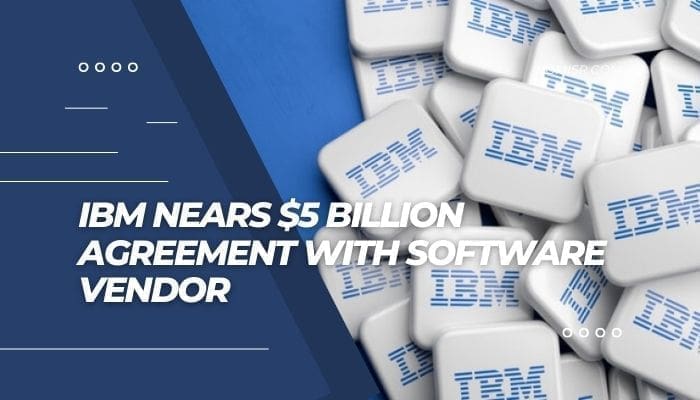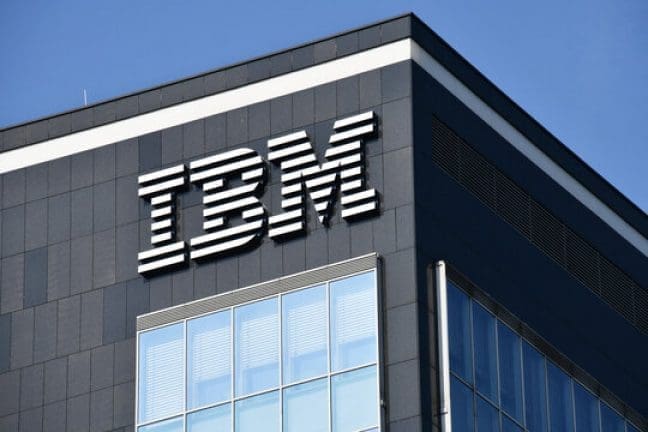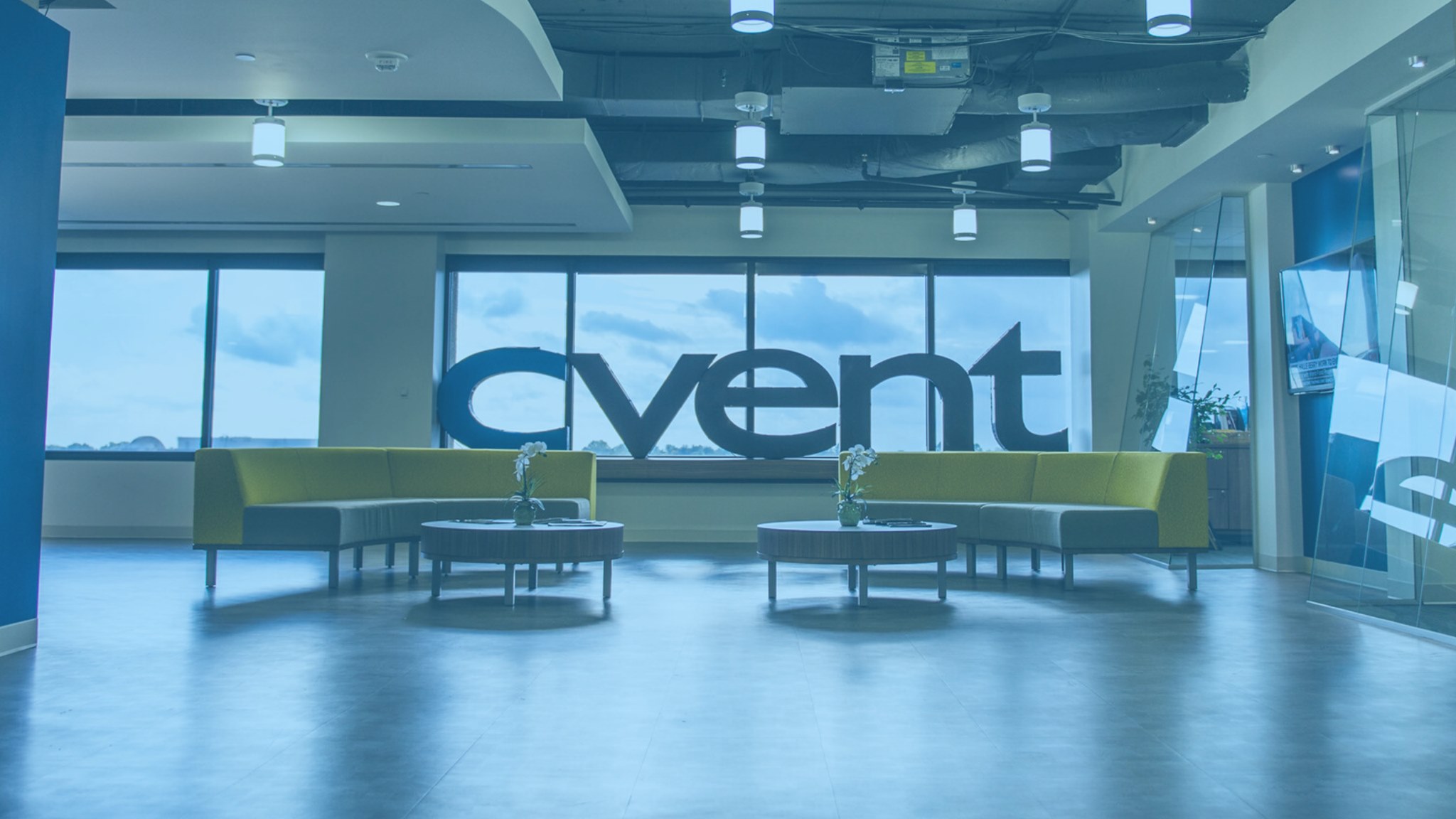IBM is near to a deal to acquire software company Apptio for approximately $5 billion, according to sources with knowledge of the matter. This move would give the technology giant more automation capabilities.

Apptio, which is owned by the private-equity firm Vista Equity Partners, offers tools to assist businesses in keeping track of the software and services they employ and better managing costs. According to the company’s website, financial titans Allstate and Bank of America are among its clients.
The parties are in advanced negotiations for a purchase that could be finalized this weekend, according to the sources, presuming that negotiations do not collapse at the eleventh hour. It is unclear if the purchase price comprises debt.
Apptio is a major player in assisting businesses manage their technology expenditures, an area in which IBM has sought to expand.
IBM, a longstanding fixture of the U.S. technology landscape, is currently undergoing a transformation into a hybrid-cloud and artificial intelligence-focused company.

In 2019, it acquired software company Red Hat for approximately $35 billion in its largest acquisition to date, a transaction intended to bolster its cloud-computing business.
IBM, headquartered in Armonk, New York, has spun off or sold businesses in recent years, including Kyndryl Holdings, a major participant in IT infrastructure and data-center management.
IBM sold the healthcare-data and analytics assets that were part of its IBM Watson Health operation in 2022, highlighting the difficulties associated with the use of AI in healthcare. IBM stated, upon announcing the transaction, that the sale was another step in its hybrid cloud and artificial intelligence strategy.
The Wall Street Journal reported in April that IBM is also considering selling its meteorology division. This business, which includes The Weather Company’s business-to-business, mobile, and cloud enterprises, including Weather.com, could fetch more than $1 billion in a sale, according to individuals with knowledge of the situation. It was anticipated to entice buyers of private equity.
Arvind Krishna, the CEO of IBM, has increased the company’s emphasis on hybrid-cloud and quantum computing, AI and blockchain. Ginni Rometty, the longstanding face of IBM, resigned in 2020 and was replaced by Krishna.
In recent years, as the Covid-era demand surge subsides, Krishna has dealt with a general decline in demand for tech products and services. In January, IBM joined other large technology companies in announcing job cuts by announcing the elimination of approximately 3,900 positions.

In April, IBM reported first-quarter revenues of $14.3 billion, a modest increase from the same period the previous year. It earned $5.9 billion in software revenue, up 2.6% year-over-year. Its other revenue-generating segments are consulting, infrastructure, and financing.
IBM and Apptio are not strangers. In the past, they have worked together to help their consumers make more informed business decisions using data.
A sale of Apptio would be a rare private-equity exit at a time when deal making in the U.S. has decreased by approximately 40% compared to the same period in 2022, according to Dealogic. The slowdown has hindered the ability of buyout firms to liquidate investments and return capital to their fund investors.
Vista, headquartered in Austin, Texas, reached an agreement in 2019 to acquire Apptio for approximately $2 billion. The company has assisted Apptio in expanding through acquisitions, including the purchase of Cloudability, a multi-cloud financial management company.

Cvent, another software company backed by Vista, was sold to private-equity behemoth Blackstone earlier this month for $4.6 billion. Vista sold its investment in Ping Identity to fellow tech-focused private equity firm Thoma Bravo for $2.8 billion late last year.
The Apptio transaction would be a bright spot in deal making at a time when Washington regulators have taken a tougher stance on mergers and acquisitions, especially in the technology sector, chilling activity that has already been hampered by rising interest rates and economic uncertainty.

